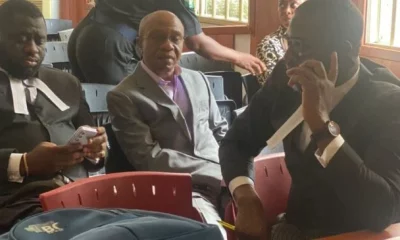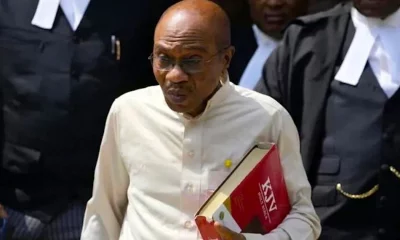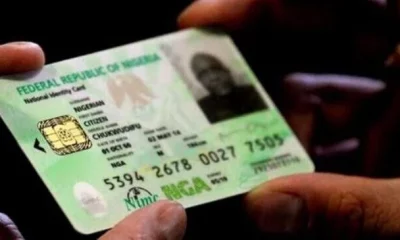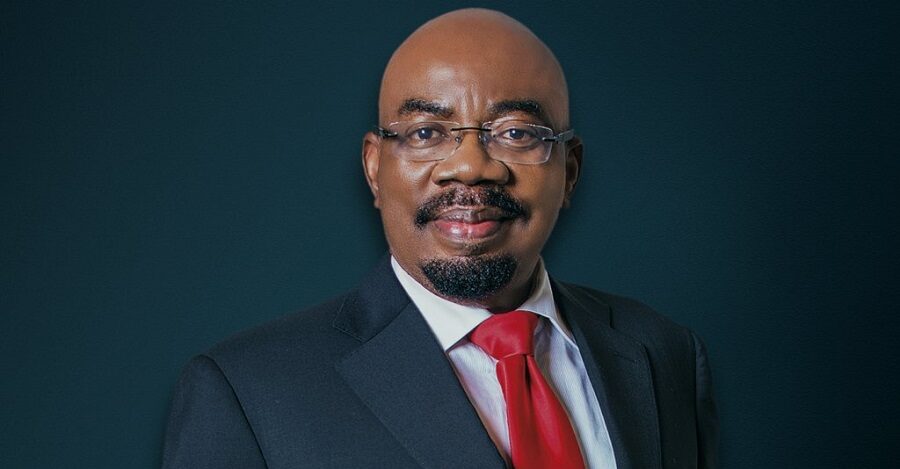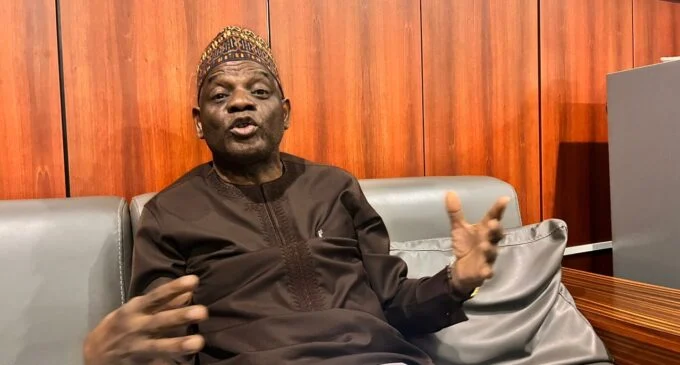On Wednesday, the International Monetary Fund and the World Bank urged the CBN to extend the Friday, February 10 deadline time limit for the new Naira policy.
The advice of the international organisations was in line with the Supreme Court ruling against the Friday deadline.
The IMF and the World Bank stated that the short timeframe for the currency was causing hardships in the country.
IMF advises CBN
In a statement after an official staff visit to Nigeria by the IMF, the multilateral organisation equally asked the CBN to continue tightening its monetary policy.
The statement read, “Looking ahead, directors recommended decisive fiscal and monetary tightening to secure macroeconomic stability, combined with structural reforms to improve governance, strengthen the agricultural sector, and boost inclusive sustainable growth.”
It added, “Directors urged decisive and effective monetary policy tightening to avoid a de-anchoring of inflation expectations.
‘’Noting recent increases in the policy rate, they encouraged the Central Bank of Nigeria to stand ready to further increase the policy rate if needed, and to implement additional actions, including fully sterilising central bank financing of fiscal deficits and phasing out credit intervention programs. Strengthening the CBN’s independence and establishing price stability as its primary objective is critical.”
The IMF also encouraged the Nigerian government to remove the fuel subsidy by June and increase well-targeted social spending, alongside boosting revenue mobilization.
The global institution also urged the Nigerian government to finalise securitization of the CBN’s Ways and Means Advances, while emphasizing that the bank’s budget financing should strictly adhere to the statutory limits.
It called for a continued move toward a unified and market-clearing exchange rate by dismantling various exchange rate windows at the CBN.
On its part, the World Bank Nigeria said though it was normal to have periodic currency redesigns and demonetisation, such a transition usually takes about one year or more.
In an email response to our correspondent’s enquiry on Wednesday, the World Bank’s Senior External Affairs Officer for Nigeria, Mansir Nasir, noted that the bank was concerned about the short transition period announced by the CBN.
The email response read, “Periodic currency redesigns and demonetization of older notes are normal internationally. However, they usually involve transition periods of one year or longer so as to minimize economic disruption.
“After the Central Bank of Nigeria announced the naira redesign on October 26, 2022, with a short implementation timeframe through January 31, 2023 (now extended for a short additional period until February 10, 2023), the World Bank expressed concern about the timing and short transition period (see Nigeria Development Update, December 2022).”
W’Bank on effects
The World Bank further noted that rapid demonetisation could be costly to small businesses and poor and vulnerable households.
It added that it was highly unlikely that digital payments would increase fast enough to cover up for the shortage of new notes.
“This concern is based on international experience which suggests that rapid demonetizations can generate significant short-term costs, with small-scale businesses, and poor and vulnerable households, including in rural areas, being particularly affected as they are liquidity-constrained and rely heavily on day-to-day cash transactions.
“It is highly unlikely that digital payments can increase quickly enough to compensate for the shortage of new notes; according to the latest available data (from before this policy), only 45 per cent of Nigerian adults had a bank account, 34 per cent reported paying or receiving money digitally over the past year, and only 9 per cent made an in-store payment by digital means.
‘’Digitisation is a structural challenge that will take time and require a systematic approach, especially to address inclusion challenges,’’ it affirmed.
The Bretton Woods institution further explained that households and firms already faced elevated financial pressures from prolonged high inflation recently compounded by external food and fuel price shocks and the phasing out of existing naira notes over a short time period may add to their challenges.
“In view of the apparent ongoing scarcity of new notes and the potential adverse economic and social impacts should the shortage of cash persist, the World Bank remains concerned about the short timeframe and would encourage the authorities to consider allowing a longer period for the redesign,” it added.

 News3 years ago
News3 years ago
 Entertainment2 years ago
Entertainment2 years ago
 News3 years ago
News3 years ago
 Privacy3 years ago
Privacy3 years ago
 Sports2 years ago
Sports2 years ago
 Entertainment2 years ago
Entertainment2 years ago
 News3 years ago
News3 years ago
 Opinion3 years ago
Opinion3 years ago



